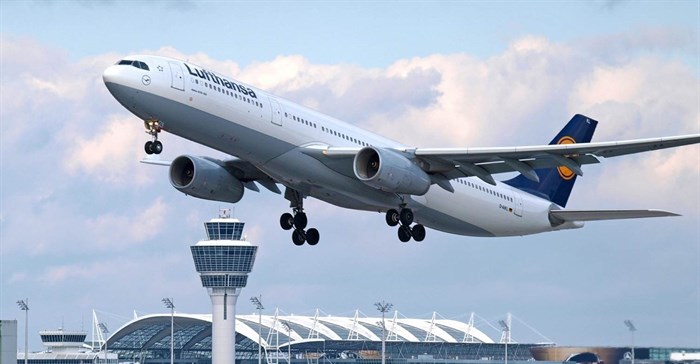Lufthansa, the quietest of them all

Until 2025, Lufthansa will take delivery of a total of 251 low-noise and highly fuel efficient aircraft. Through this multi-billion dollar investment, the airline proactively reduces the noise burden on people living close to airports. Lufthansa is the first airline in the world to equip its Airbus A320 short and medium-haul aircraft fleet with noise-reducing components on the underside of the wings. A total of more than 200 Lufthansa jets can, therefore, fly much more quietly and are expected to reduce CO2 emissions by around 1,000 tonnes per aircraft annually.
However, fleet modernisation is only one component of Lufthansa’s approach to noise reduction. It is also a basic part of the airline’s pilot training, with cockpit crews being trained specifically for low-noise take-offs and landings. By 2020, Lufthansa aims to reduce noise emissions by 50%.
“This award is confirmation of our commitment, not only to our flying customers, but also to those living near the airports we service, and to the environment in general,” says Dr Andre Schulz, general manager, Southern Africa, at Lufthansa. “We are happy to bring the latest technology to South Africa as well, through our direct flights to OR Tambo International Airport, as well as Cape Town International Airport, where we recently announced a new direct route to Frankfurt. The OR Tambo route is serviced by the 747-8, one of the quietest, fuel-efficient, and environmentally friendly aircraft in the skies today.
“The award confirms our commitment to environmental responsibility, which has been a core value of our corporate culture for decades. We make sparing use of our resources, participate in climate research, and continuously strive to improve our air and ground efficiencies.”
Lufthansa was also honoured with the German Aviation Industry prize for emissions reductions at the International Aerospace Exhibition on 31 May. The award recognised the development of Lufthansa’s new OMEGA analysis software, which uses data collected from previous flights to improve the efficiency of future flights.







